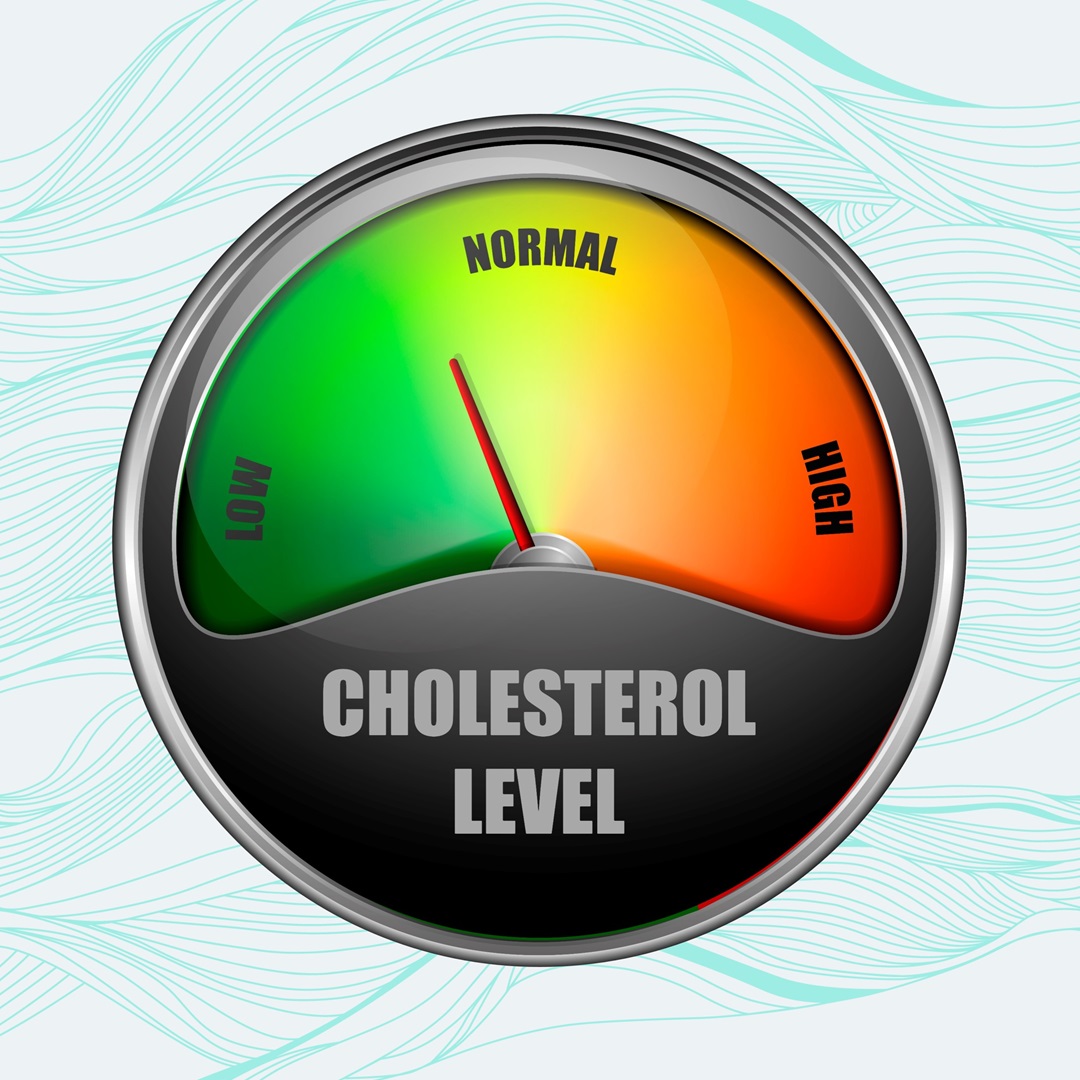by Stephen Luther, M.D.
Share

Cholesterol is an essential molecule for the proper functioning of the human body. Yet, opinionated and heavily influenced studies have convinced many Americans that cholesterol is a danger, an enemy that you should avoid and certainly not add to your friend list. Your health is our primary concern at Symbios, which is why we encourage you to focus less on cholesterol and more on a healthy diet, regular exercise, and weight management.
When your lifestyle is in tune, your health – including your cardiovascular health – will perform like your favorite melody. By learning about cholesterol’s basic medical facts and its harmonious role in your good health, you may make a new friend.
Cholesterol’s Critical Role
Cholesterol is not inherently harmful; it is an essential molecule the body relies on for numerous physiological functions. Understanding cholesterol’s critical role in our bodies will help alleviate stress over cholesterol numbers.
- Cholesterol is a precursor for the synthesis of adrenal hormones and steroid hormones, including cortisol, progesterone, estrogen, and testosterone. These hormones regulate various physiological processes, such as metabolism, immune function, and reproduction.
- Cholesterol is indispensable to produce bile acids, which aid in the digestion and absorption of dietary fats and fat-soluble vitamins. Without adequate cholesterol, the body would struggle to absorb essential nutrients, leading to deficiencies and various health complications.
- Cholesterol is a vital component of myelin, the protective sheath surrounding nerve fibers. It facilitates efficient nerve conduction and signaling throughout the body.
Working in Harmony
Our low-density lipoprotein (LDL) and high-density lipoprotein (HDL) should work harmoniously together. It is prudent to focus on achieving a balance in cholesterol levels through a lifestyle that thrives on a low-sugar diet, routine exercise, and weight management. By understanding the positive aspects of cholesterol and modifying our food and behavior choices, we can achieve a successful approach to cardiovascular health.





